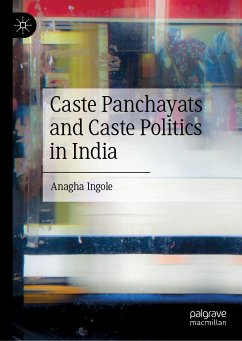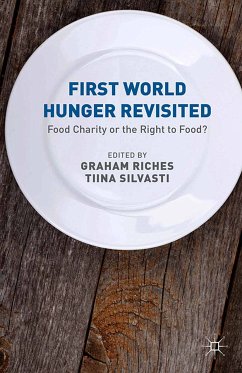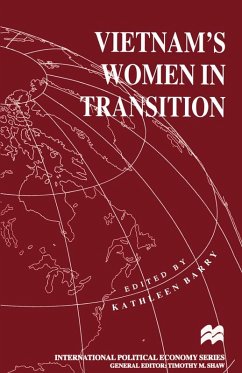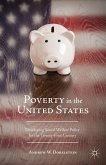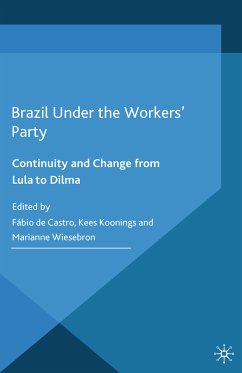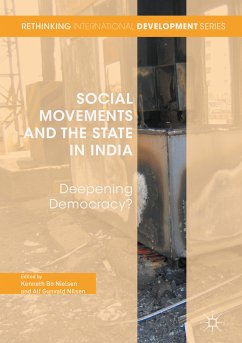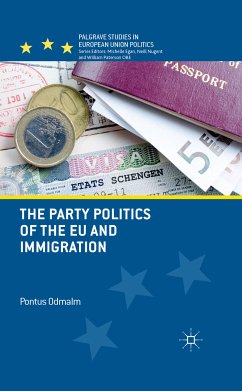'Scholars have waited long and keenly for a book-length treatment of the subject of caste panchayats. Their expectations could not have been more substantially fulfilled. This is a work that combines real historical depth of learning with acute theoretical analysis. It is highly instructive and illuminating not only on the nature and function of caste panchayats, but on the wider details of caste's relation to politics and, quite generally, on the claims of Indian political modernity.'
-Akeel Bilgrami, Sidney Morgenbesser Professor of Philosophy, Professor, Committee on Global Thought, Columbia University, New York, NY, USA
'The volume makes an important contribution in analytical understanding of castes and their historical formation in Panchayats. More importantly, the research work maps out the role these panchayats have been playing in consolidating both property as well political power relations. The author offers a careful account of complex phenomena such as caste panchayats.'
-Gopal Guru, Former Professor, Centre for Political Studies, Jawaharlal Nehru University; Editor, EPW, India
The book refutes the dominant understanding about caste panchayats as mere dispute resolution bodies that are vestiges of the past. In tracing the long career and evolution of intra-caste governance from 300 BC to the present, it challenges several orthodoxies in the caste scholarship.
Most prominently, it questions the assumptions of modernization theory that became internalized in the very definition of caste based political organisations as caste became a subject of study in politics in the 1960s and 70s. In doing this, the book reflects in some detail on the uncomfortable question of the persistence of caste-based conservatism despite the current dominance, so to say, of caste-based democratization in the Indian polity. It tries to make visible the limitations of 'caste politics from below', as it is being imagined today, making a plea for a radical re-imagination of caste as an identity that does not require a self-perpetuation of the primordial aspects of caste to purse the opportunities offered by modern democracy, but one that can facilitate the empowerment of caste through the pursuit of the ameliorations on offer as well as the annihilation of caste, as eventually mutual goals.
Anagha Ingole teaches at the Department of Political Science, University of Hyderabad, India. She has been a Fulbright-Nehru Post-Doctoral Fellow at Columbia University New York, where she wrote a large part of this book. She started her work on caste panchayats while working with BARTI, Pune and has written on the topic since, in national and international publications.
Dieser Download kann aus rechtlichen Gründen nur mit Rechnungsadresse in A, B, BG, CY, CZ, D, DK, EW, E, FIN, F, GR, HR, H, IRL, I, LT, L, LR, M, NL, PL, P, R, S, SLO, SK ausgeliefert werden.

